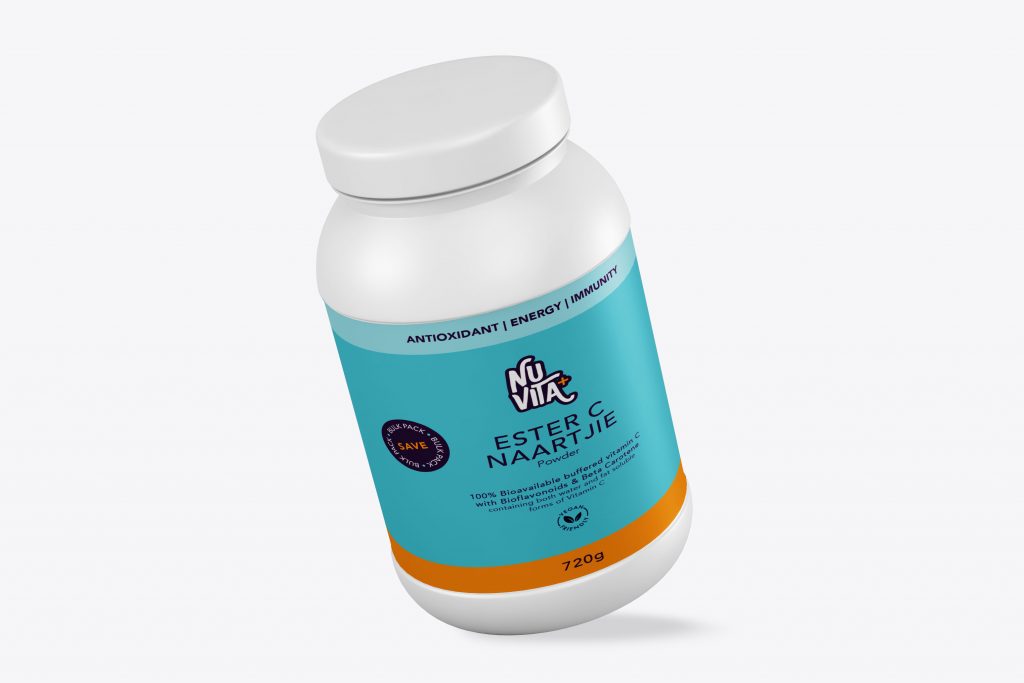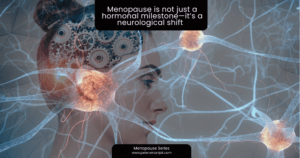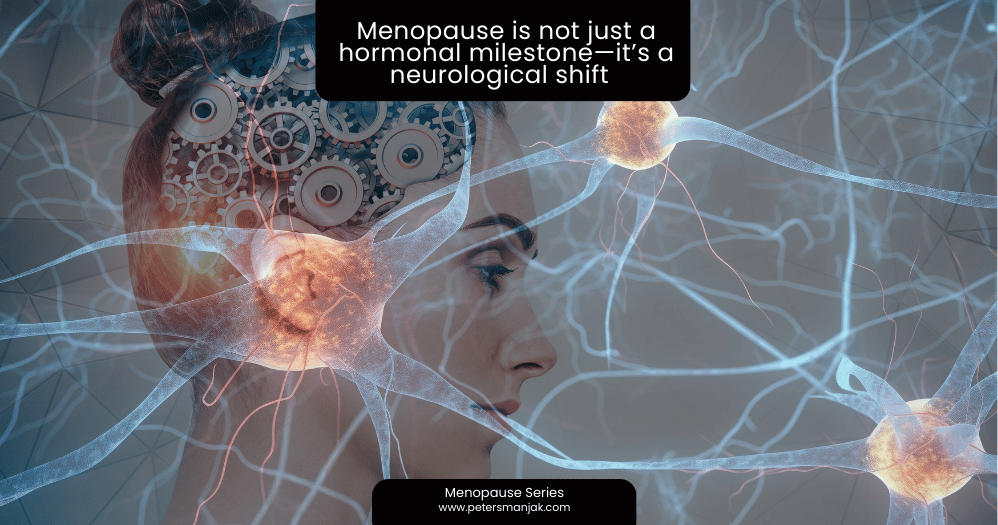A Deficiency In Butyrate is a major contributor to Diabetes, Depression, Weight Gain, & Neurodegenerative Diseases
What Is Butyrate?
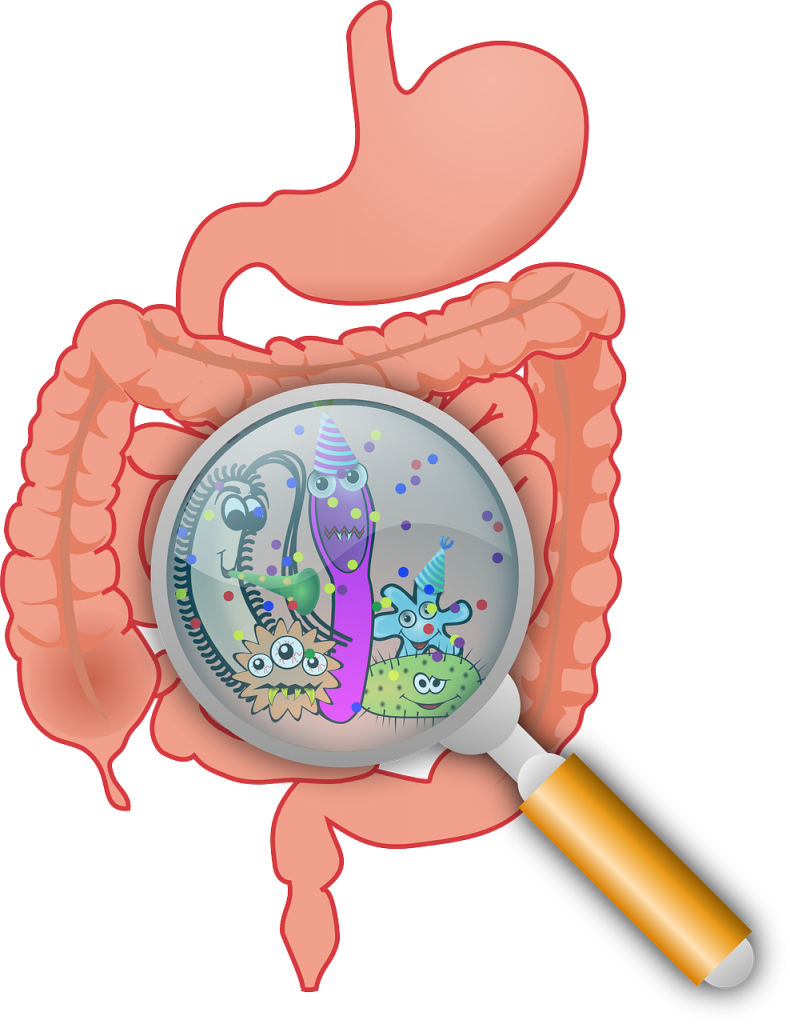
Butyrate is a main end product of microbial fermentation of dietary fibers in the human intestine and plays an important role in the maintenance of intestinal balance and overall health.
In simple words, it is a fatty acid that is produced by the bacteria in your gut and large intestines. But, it’s a very special kind of fatty acid because it talks and dances with many other systems of the body to maintain perfect balance in your health.
What Foods Contain Butyrate?
It is found in onions, leeks, garlic, grass-fed butter.
Starches, arabinogalactan rich whole grains, and brans from cereals such as wheat, rye and oats. (Please note, I am not a proponent of Wheat, Rye and Oats because they are gluten containing grains and often genetically modified in the USA and heavily sprayed with glyphosate).
Resistance starches provide Butyrate as well. These are: cooked and cooled rice, cooked and cooled potatoes, green bananas/green banana flour. Arabinogalactans can be found in many prebiotic supplements, coming from the Larch Tree.
Non-Optimal Butyrate Readings:
You can see if someone is low in butyrate on the GI Maps stool test by looking at their good probiotic bacteria.
Clostridia and Faecalibacterium are two MAJOR butyrate producing bacteria. When these are low it tells us that the person needs to eat more of the foods containing butyrate and/or supplement for a short time with a butyric acid supplement
This result of a person with an very low amount of good bacteria, tells us right away we can see this person has a restrictive diet or doesn’t eat many grains or much fiber.
Clostridia and Faecalibacterium are two major butyrate producing bacteria. Below that you’ll see the “Phyla Microbiota.” These are two main groups of bacteria that all of the microbiome fall under. They must both be in balance to properly rule the body and create a nice healthy communication between the immune system, gut motility, the brain, thyroid, hormones, blood sugar, and more.
When they are too high or too low, that signals an imbalance in the overall microbiome. Firmicutes is also a MAJOR producer of butyrate, so if the result is is non-optimal, it could reveal a very low butyrate level.
The Consequences of Butyrate In The Body?
These are just a few of the areas that Butyrate (or lack of butyrate) directly influences:
- Brain: butyrate crosses the blood brain barrier (BBB) and stimulates this healthy brain chemical called “Brain Derived Neurotropic Factor” (BDNF). BDNF protects the brain from Depression, all neurodegenerative diseases: Parkinson’s Disease, Alzheimer’s Disease, Huntington’s Disease, Multiple Sclerosis, Ischemic Stroke, and more.
- Blood sugar: Bhutyrate has been shown to prevent Diabetes Type 2, Metabolic Syndrome and Insulin Resistance by making the Mitochondria of our cells work better to process sugar and create energy.
- Constipation/IBS-C: Butyrate can stimulate intestinal motility, so if you are low in butyrate you can become constipated!
- Colon: Butyrate provides oxygen to the colon, maintaining proper Ph. This protects the colon from colon cancer and overgrowth of opportunistic bacteria, candida and pathogenic bacteria.
- Intestinal Permeability & Leaky Gut: Butyrate regulates the protein Zonulin which determines when the tight junctions of the gut lining open and close. Leaky gut occurs when the tight junctions are broken open and remain open.
- Cellular Inflammation: Butyrate inactivates NFKb, the master producer of inflammation. People with high NFKb often will have high C-Reactive Protein (CRP).
Foods High In Butyrate
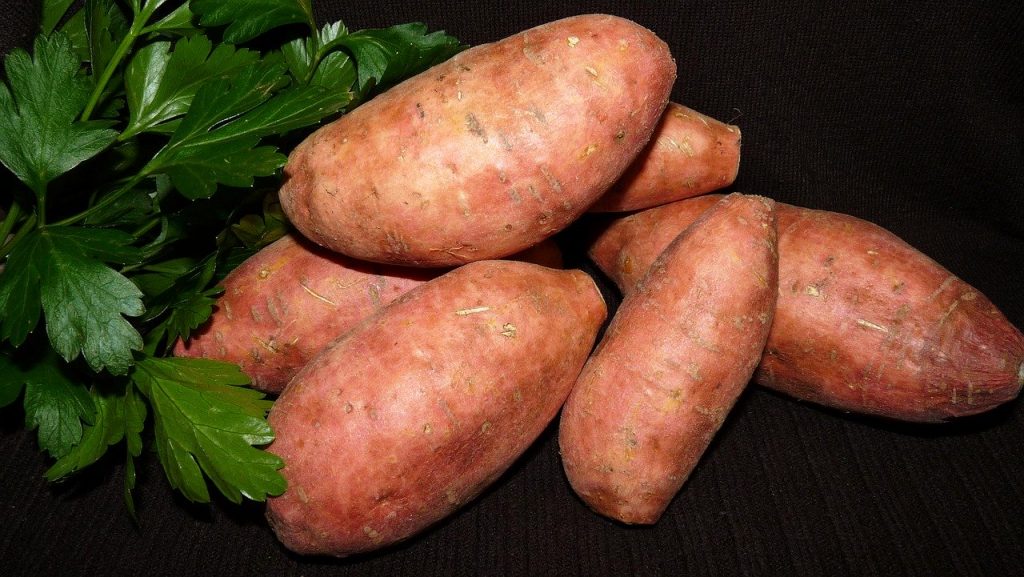
If you can’t eat these foods because they bother your stomach or you have allergies/sensitivities then you will need to consider supplementation. Various supplements will provide the support however, it is ideal t do this within the greater nutrient rich picture.
When you eat foods with the right kinds of fibers that your gut bacteria turn into butyrate, there is a systemic effect. It talks to your gut, brain, immune system, thyroid, colon, your cells.
If you would like to do a GI Maps stool test connect with us and we can assist through one of the labs.



